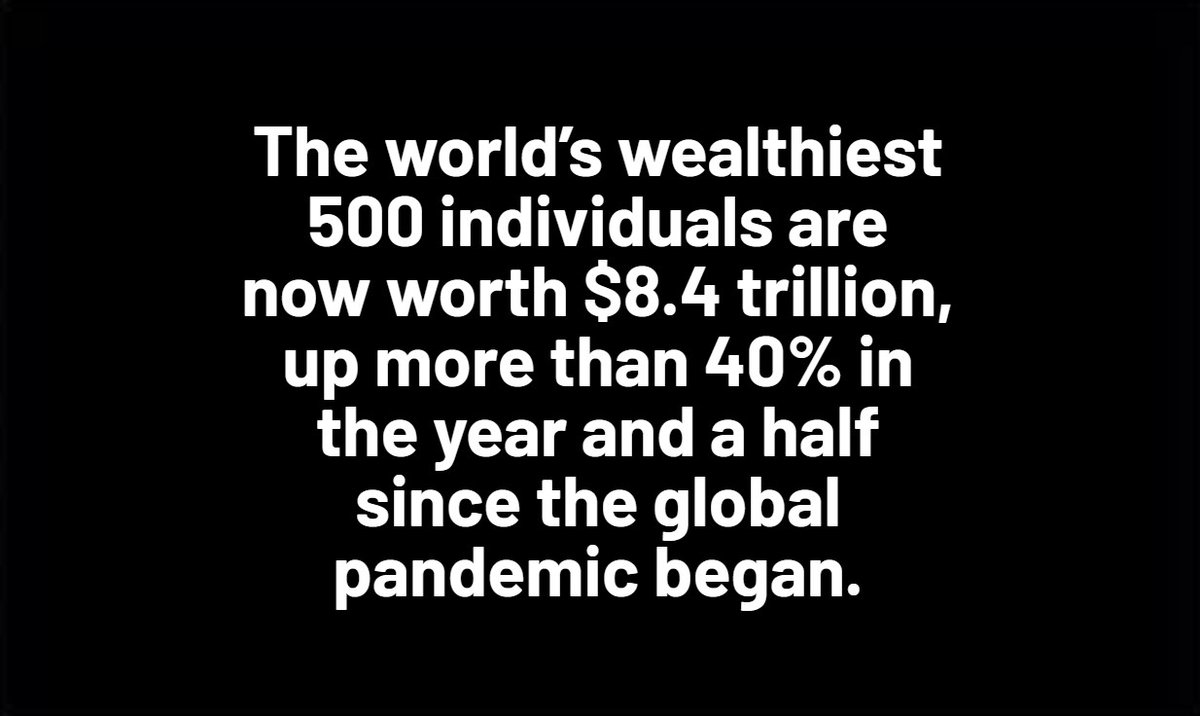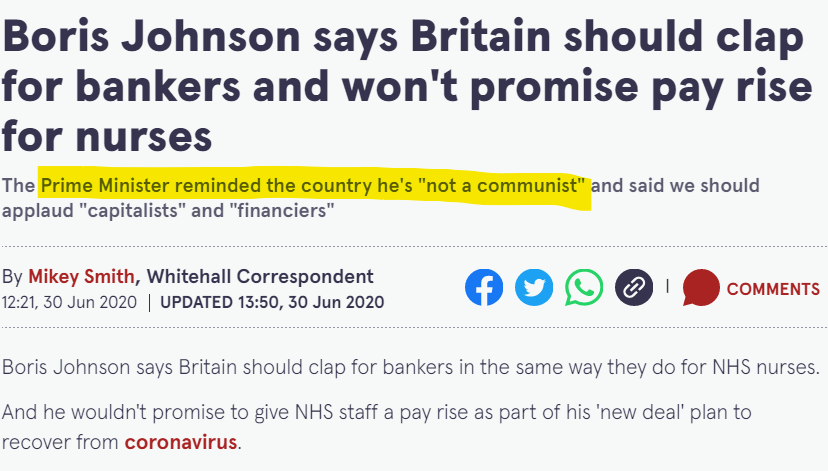
#THREAD on wedge issues.
Controversial issues are now amplified by mass media & by bots.
Populist 'wedge issues' are often a point of internal dissent within a (usually opposition) party, which that party attempts to suppress or ignore discussing because it divides "the base".
Controversial issues are now amplified by mass media & by bots.
Populist 'wedge issues' are often a point of internal dissent within a (usually opposition) party, which that party attempts to suppress or ignore discussing because it divides "the base".
A wedge issue is a political or social issue, often of a controversial or divisive nature, which splits apart a demographic or population group.
Think Brexit, migration, trans-rights, the extent of antisemtism in Labour, the efficacy of lockdowns etc.
Think Brexit, migration, trans-rights, the extent of antisemtism in Labour, the efficacy of lockdowns etc.
Wedge issues can be advertised, amplified or publicly aired in an attempt to strengthen the unity of a particular population, with the goal of enticing polarized individuals to give support to an opponent, or to withdraw their support entirely out of disillusionment.
The use of wedge issues gives rise to 'wedge politics'.
Wedge issues are also known as hot button or third rail issues.
Political campaigns can use wedge issues to enflame or soften tensions within a targeted population.
Wedge issues are also known as hot button or third rail issues.
Political campaigns can use wedge issues to enflame or soften tensions within a targeted population.
A wedge issue may often be a point of internal dissent within an opposing party, which that party attempts to suppress or ignore discussing because it divides "the base".
Typically, wedge issues have a cultural or populist theme.
Typically, wedge issues have a cultural or populist theme.
A party may introduce a wedge issue to an opposing population, while aligning itself with the dissenting faction of the opposition.
A wedge issue is often intended to bring about debate, often vitriolic, within the opposing party, giving the public a perception of disarray.
A wedge issue is often intended to bring about debate, often vitriolic, within the opposing party, giving the public a perception of disarray.
It might result in defection of the opposing party's minority faction to other parties. It might legitimise sentiment which, while widely held, is considered inappropriate & criticisms from the opposition make it appear they're beholden to 'special interests' or fringe ideology.
A wedge issue might contribute to the actual fracture of opposition parties. To prevent this, the opposing party may take a pragmatic stand & endorse the views of its minority faction, but this can lead to defection of supporters of the party's majority faction to a third party.
There is a fast-growing scholarly literature on the politics of wedge issues.
One strand highlights that wedge issues provide political opportunities for challenger parties: politicizing certain issues, they may exploit divisions within mainstream parties to gain voter support.
One strand highlights that wedge issues provide political opportunities for challenger parties: politicizing certain issues, they may exploit divisions within mainstream parties to gain voter support.
Another strand argues that mainstream parties aim to avoid wedge issues in order to prevent the loss of voter support: they depoliticize the issue by, for instance, ignoring, distracting or blurring it.
Why important? We live in an age of realignment in today’s democracies.
Why important? We live in an age of realignment in today’s democracies.
So how do mainstream governing parties react to a wedge issue, when strategies to avoid it are simply not available?
When governing parties cannot avoid wedge issues, they give rise to a politics of intransigence that differs fundamentally from the politics of concession.
When governing parties cannot avoid wedge issues, they give rise to a politics of intransigence that differs fundamentally from the politics of concession.
The main feature of the politics of intransigence is that political actors engage in power bargaining strategies in order to force each other to back down, with each side signaling its firm commitment to refuse compromise & seeking to enhance the credibility of its commitment.
Once the self-reinforcing dynamic of the politics of intransigence sets in, the likelihood that the government & recalcitrant MPs can agree on a joint policy contracts, while the likelihood of government failure increases.
With the rise of the new cleavage between communitarianism (emphasising the connection between individuals & states/community in opposition to 'diversity'), & 'trendy/elitist' cosmopolitanism (all people are entitled to equal respect & consideration), wedge issues proliferate.
A concern of political theorists & others is that given this cleavage, we are likely to observe a proliferation of wedge issues in modern democracies, especially where existing party systems have yet to adapt to the new cleavage - as in the UK & USA.
Some scholars suggest that as Govts are unable to avoid wedge issues, we expect to see more 'politics of intransigence': factions within governing parties engaging in political conflict over wedge issues, which brings about a heightened probability of policy & even Govt failure.
Examples include Trump’s attempts to force Republican critics of his policies on controlling the border to Mexico to yield, or the bitter split within May's Conservatives between the Remainers/soft Brexiters, & the hardcore Brextremists (who eventually prevailed).
The heightened incidence of the politics of intransigence increases risk of policy failure, & places a strain on Govt survival eg the Belgian Govt collapsed over the UN Compact for Migration, which drove a wedge through governing parties & coalitions in many modern democracies.
This *might* putatively be good news: once party systems have adapted to the new cleavage structure, the incentive for governments to engage in a politics of intransigence can be expected to decrease, & the incentives for the traditional politics of concession to increase again.
However, this might take longer in majoritarian democracies like the UK/USA than in democracies with proportional electoral systems, since the latter would allow party systems to adjust more quickly.
Until then, we're in for a very bumpy ride.
tandfonline.com/doi/full/10.10…
Until then, we're in for a very bumpy ride.
tandfonline.com/doi/full/10.10…
• • •
Missing some Tweet in this thread? You can try to
force a refresh
















